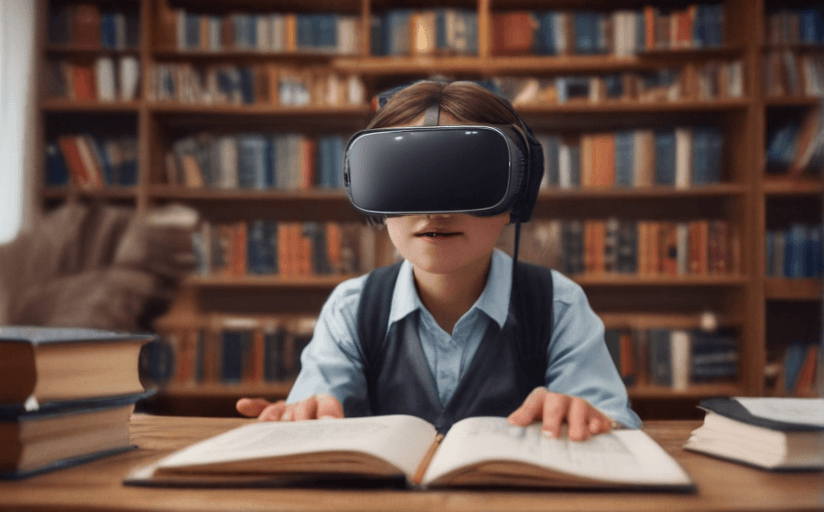The Impact of Virtual Reality on the Future of Education
As we march further into the digital age, technology is radically transforming the way we live, work, and learn. One groundbreaking innovation that stands to revolutionize the field of education is Virtual Reality (VR). This evolving technology offers immense potential to transform the ways we learn and educate, promising opportunities that were once considered unreachable.
Benefits of Using Virtual Reality in Education
The use of VR in the classroom offers a range of benefits. Chief among these is the ability to provide immersive learning experiences. VR can transport students to alien planets, the depths of the ocean, or into the human body. This immersion promotes deep understanding as learners engage directly with the subject matter, providing a level of context and experience that traditional methods cannot match.
Additionally, VR brings abstract concepts to life. Complex scientific theories, mathematical concepts, or historical events that are difficult to visualize can be experienced in 3D. This accessibility has the potential to significantly improve comprehension and retention rates.
Challenges in Implementing Virtual Reality
Despite its potential, the road to VR implementation in education is not without challenges. These include high costs of VR hardware, insufficient technological infrastructure in many schools, and a lack of training and familiarity with VR among educators. Further, there could be health concerns related to extended use of this technology, including eyestrain, headaches, or disorientation.
Emerging Trends and Examples of VR In Modern Classrooms
Despite these challenges, there are numerous novel examples of VR usage in classrooms worldwide. Google Expeditions, for instance, allows students to embark on over 600 virtual reality field trips. Stanford University’s Virtual Human Interaction Lab is researching the impact of VR on empathy and behavioral change. These are promising glimpses of the transformative power VR could unleash on education.
A Shift in the Education Paradigm
VR’s influence stands to induce a radical shift in the education paradigm. It promotes experiential learning, fostering active rather than passive acquisition of knowledge. This shifts the role of the teacher from a purveyor of information to a facilitator of learning and discovery. Additionally, it could democratize education, allowing students in remote or economically disadvantaged areas access to high-quality learning experiences previously out of their reach.
The ultimate impact of VR on the education system remains to be fully realized. It offers immeasurable potential, but integrating it into mainstream teaching will require careful planning and strategic investment. As we navigate the digital revolution, a focus on preparing students for a technologically advanced future must remain at the heart of our endeavor.

















Comments
Leave a Comment